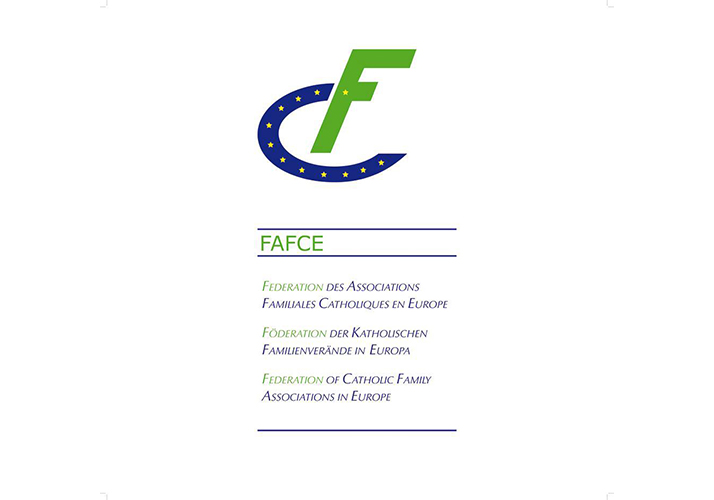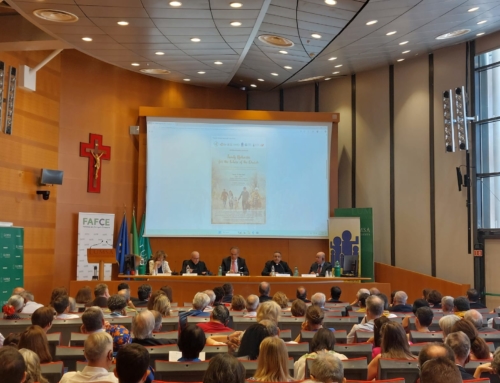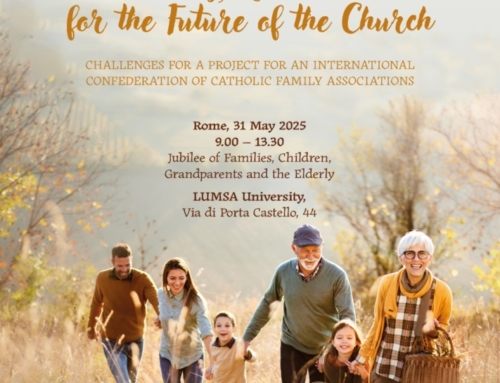The Committee on Social Affairs, Health and Sustainable Development of the Parliamentary Assembly of the Council of Europe hosted on 24 January, a hearing about a report named “The Use of New Genetic Technologies in Human Beings”, presented by the Senator Petra de Sutter (Socialist Group, Belgium). The guest speakers were Mair Crouch, Geneticist and Academic Lawyer from the University of Glasgow, Anne Forus, representative of the Council of Europe Committee on Bioethics, and Cor Oosterwijk, Secretary General of the Patients Network for Medical Research and Health.
Mair Crouch recalled that transferring an embryo with modified genome to the uterus of a woman with the purpose of giving birth to a healthy baby, without any genetic problem, had consequences at the psychological and medical levels whose risks are still difficult to assess.
Anne Forus confirmed, besides the eugenic slippery slope, that it is impossible to control the effects of a genome modification. Difficulties are both ethical and juridical. Evoking the issue of discrimination against elderly people, Laurence Lwoff, also from the Council of Europe Committee on Bioethics, warned for the temptation of “transhumanism”, which consists on infinitely repairing the human body to extend one’s life.
In face of restrictive technical and juridical aspects, Cor Oosterwijk was invited to talk about the point of view of “compassion”, arguing that recent innovations in medical research make state moratoriums superfluous.
FAFCE notes that, precisely because of those scientific advancements, efforts should focus on how to cure those diseases, not on eliminating people with disabilities or creating at the laboratory “genetically modified human beings” (that was the title of Senator De Sutter’s first proposal). If the genetic transmission of diseases constitutes an attack to the physical and psychological integrity of the individual, it could never remove the unique dignity of each person.
Concluding, Rónán Mullen, member of the Parliamentary Assembly of the Council of Europe, remarked that there are many questions around this matter: how can we be sure that this would be a therapeutic practice and not a eugenic technique? How to deal with the risk of tourism in the field of genome transformation and health monitoring? RónánMullen also noted that genetic modifications before fertilization are always risky and that the transmission of genetic modifications contradicts the Oviedo Convention.
FAFCE will continue following closely this procedure, which is already concerning the members of the Parliamentary Assembly due to the controversial topic they will face in the coming months. The draft report will probably be presented at the Committee meeting on 24 March, in Paris.
Contact:
Nicola Speranza, Policy Officer
+32 498460220







